Marinades are among my all-time favorite tricks as a cook for several reasons. They're easy like Sunday morning, they let time do what it's supposed to, which is work for you, and you get a huge return for relatively little effort on your part.
In a pinch, I've used store-bought marinades, but they tend to be far too expensive and filled with gross stuff like high-fructose corn syrup. The trick for making never-fail marinades is to know what a marinade is and what it's doing to the protein of your choice, be that beef, fish, chicken, tofu, or seitan.

Why You Should Marinate Meat
Marination is an old trick, since very few cuts of meat are naturally moist, and those that are usually end up being quite costly and filled with fat. Marination is a way to give a leaner (and, yes, tougher) piece of protein a more tender, flavorful profile.
Science and food writer extraordinaire Harold McGee writes how Indians in pre-Columbian Mexico wrapped meat in papaya leaves. The enzyme papain in those leaves made the meat easier to chew once it was cooked.

What Marinades Actually Do to Meat
Essentially, marinades act on the surface of your meat and break it down ever so slightly, so that it absorbs the tasty flavors in your marinade. Don't believe anyone who tells you that marinades are absorbed throughout the meat. Meat is mostly proteins and about three-quarters water—there's not really much more liquid it can hold.

Fish, chicken, tofu, seitan, and vegetables aren't as dense and fibrous as beef, so they do take in slightly more of the marinade, but it doesn't get absorbed in those cases either.
If you want to impart more flavor to tougher types of meat like beef or lamb, a good marinade will work wonders, but you might want to consider using a spice rub (applying crushed herbs, salt, spices, and other flavorings to the surface of the meat and letting it sit for several hours) or a brine (soaking the meat in a solution of salt, water, and other flavorings).

Salt is able to penetrate the meat much more deeply via the process of diffusion, which is why classic dishes like corned beef and brisket are soaked in brines for hours or sometimes days.
Marinades = SOFA (Really)
Almost all marinades involve an acid, a fat, salt, herbs and spices, and a pinch of sweetener. The acid, whether it is citric acid (commonly found in lemons, limes, oranges, and grapefruit), or lactic acid (found in dairy products like buttermilk, milk, and yogurt), or a vinegar, help break down the marinated protein so it is better able to absorb flavor.
Enzymes, found in fresh fruit like kiwi or pineapple, tenderize the meat. Salt aids this process and penetrates deeply into the meat as well as adding flavor. Fat keeps the protein moist and helps season it. Herbs and spices provide even more savor.
I like to add a pinch or dash of sweetener, which I believe balances out the acid and saltiness to ensure that your marinated steak or tofu doesn't fall too far on one end of the flavor spectrum.
If that's a lot to process as you open your refrigerator and whip up your first homemade marinade, remember this handy acronym: SOFA. That stands for Salt, Oil, Flavorings, and Acid.
One good basic marinade to start with is extra-virgin olive oil, garlic, lemon juice, and salt, which is especially effective on chicken and fish. Saveur suggests using one part acid to two parts fat when building a marinade. Then you can add flavorings like salt, garlic, herbs, and spices, to suit your taste.
Personally, I use far less acid when I make a marinade—as little as two tablespoons of lemon juice to one cup of oil, in most cases—but that's because I like to let my proteins marinate overnight.
Remember that citric acid, salt, and alcohol can all lightly "cook" the surface of the meat, which means the flesh will either be tough and dried-out (in the case of pork and chicken) or mushy and unappealing (for beef and lamb) if you add too much of one of those ingredients or let your meat sit for too long.
How Much Marinade Should You Make?
What's Cooking America recommends a half-cup of marinade per pound of meat, which is also a good ratio for vegetables and plant-based proteins like tofu. If you make a little more marinade, it won't hurt, but it's also not necessary. You want enough to coat the surface of whatever you're marinating, not drown it.
The Tools of the Trade
To properly and safely marinate something, you'll need a nonreactive container like stainless steel, glass, porcelain, or zip-top plastic bags (the latter are great for marinating since you don't need quite as much liquid to cover the entire piece of meat and they're air-tight). If you're using a container, go for the wide, shallow variety.
Place your filet or cut of meat in the container and pour the marinade on top, then cover. If you haven't made quite enough marinade, you can check back in an hour and flip the meat onto the other side.
Or, put the meat in a zip-top bag, add the marinade, and massage to make sure the liquid is distributed evenly all over the meat. Get all the air out and then press the seal closed.
You'll always want to leave your marinating protein in the refrigerator, not on the countertop.
Time & Size: Two Very Important Factors
Since fish, chicken, tofu, and seitan are less fibrous and dense than beef, lamb, or pork, the times for marination vary. Generally speaking, marinate vegetables and seafood for a minimum of 30 minutes, a maximum of three hours. Any longer than that, and they'll get mushy.
Chicken and pork require at least two or three hours to get tender and really take on the flavor of the marinade. Remember when marinating poultry to take off the skin, since that will just impede the marinade—there's no way for the good stuff to get to the flesh!
Beef and lamb are tougher and take longer. Do a minimum of three hours, but they can be left to soak for a full 24 hours if necessary. Remember that the more surface area there is, the more the marinade can work its magic. Thin cuts like flank or skirt steak work best, as do chops, rather than a rack of lamb. Marinating cubes of meat before you skewer them on kabobs is an ideal way to make the most of a cheap or tough cut of meat.

Making cuts, long gashes, or cross-hatching the surface of whatever protein you're soaking will give more room for the marinade to do its work. Just remember to limit how many cuts you're making—after all, you don't want your steak, chicken, or fish to fall apart before it hits the grill or pan. Once it's done cooking, make sure you slice it right for more tenderness.
Caveat: tofu and seitan don't need to be cut or cross-hatched since they more easily soak up marinade, as mentioned above. Besides, all those cuts will make them more likely to fall apart once they hit the grill or frying pan.
Storing Marinated Foods
What if you forget that you have some delicious chicken marinating in the fridge or can't get to cooking your goods for a day or so? Generally, that's not a problem. Foodsafety.gov says marinated chicken can be stored for at least two days. Beef and lamb can be stored up to five. In most cases, however, I'd recommend removing the cut of meat from the marinade so it doesn't keep soaking for longer than 24 to 48 hours.
As for fish and veggies, if you know you're not going to be able to cook them after they've been soaking for a few hours, remove them from the marinade and wipe them down as much as possible before carefully storing them in the fridge. Otherwise, they will turn to mush.
How to Cook Your Marinated Foods
Before you start cooking, remove your foodstuffs from the marinade and place it on a platter so they have a thin coating of marinade. You don't want them dripping wet, or the liquid could splatter and cause some nasty burns when you put them onto the hot surface.
As for which method to use? There's no right answer for this one. You can roast, grill, broil, smoke, or pan-fry—it's up to you.
What to Do with Leftover Marinade
If you've been marinating vegetables or anything else plant-based like tofu, you can save the marinade and reuse it a second or even a third time. You can also freeze it for later use. A favorite method among many home cooks is to freeze chicken right in the marinade. As Eating on a Dime points out, the frozen chicken soaks up even more marinated flavor as it thaws in your fridge.
If you've placed anything animal-based in the marinade (i.e., chicken, fish, beef, pork, or lamb), then you shouldn't reuse it because it might contain bacteria from the raw meat. You can, however, heat it up and use it as a sauce. Just make sure it's over a flame for at least five minutes to kill any pathogens that might be present. So if you want extra marinade to pour over your finished dish, make sure you reserve a small portion BEFORE you place your meat in the liquid.
However, you can circumvent this issue by using the leftover marinade to deglaze the pan once you've finished cooking your chicken, fish, etc., thus creating a yummy sauce to pour on top of your freshly made dinner or any accompanying vegetables.
Easy Hacks & Tips for Marinades
So, say you're not ready to make your own marinade but you want to experiment with giving your food more flavor. Amazing Ribs has a great suggestion: Start off by buying a good, fresh salad vinaigrette and use that as a marinade. Avoid a dressing that has fillers, gums, or additives, which will give your meat a funny taste. In other words, make sure you read the label or talk to the counter-person before you buy it.

I sometimes cheat by using my juicer and reserving half a cup of whatever I've most recently made (this week: ginger-apple-fennel juice), mixing it with olive oil and garlic, and using that as a marinade. If I order take-out that comes with lots of extra sauce on the side, I'll save the sauce depending on what it is and dilute it with water to use as a marinade later.

Should I Buy a Machine to Help Me Marinate?
There are devices on the market to make marinating easier—although if you ask me, getting a machine actually complicates what was an already pretty simple process. They're called vacuum marinators and they promise to cut down marination time so that your food only needs minutes to absorb flavor. However, in some test kitchens, the traditionally marinated foods taste better than ones prepared in a specialized machine.
In other words, skip the unnecessary machines. You're better off saving your money and using it to buy really good cuts of meat, chicken, or fish and a top-quality olive oil.
Image credits:Wrapped meat via Papaya Mutton, Marinade ingredients via Olive This, Making marinade via Food52, Fish with cuts via Georgia River Fishing, Freezer-friendly marinates via Whisk Together, Deglazed pan via Butter with a Side of Bread, Pyrex dishes via Duckadoo/Flickr, Chopped beef, chopped chicken, chopped tofu, marinade, marinated beef, spied rubbed pork, kabobs, vinaigrette, and juice via Shutterstock











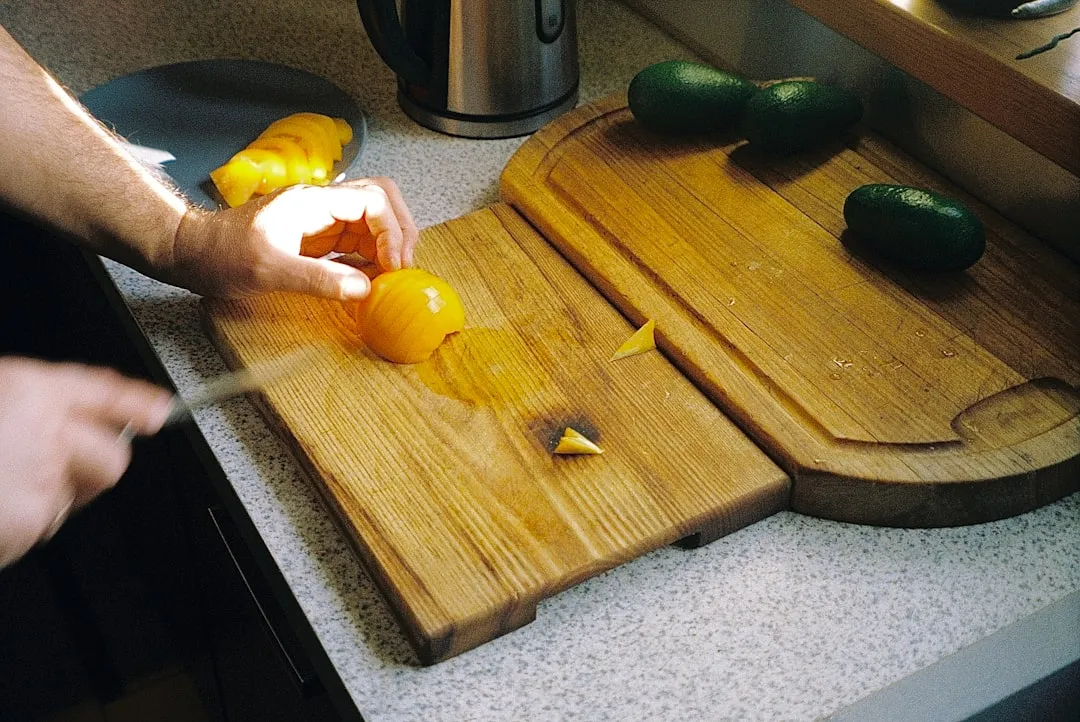
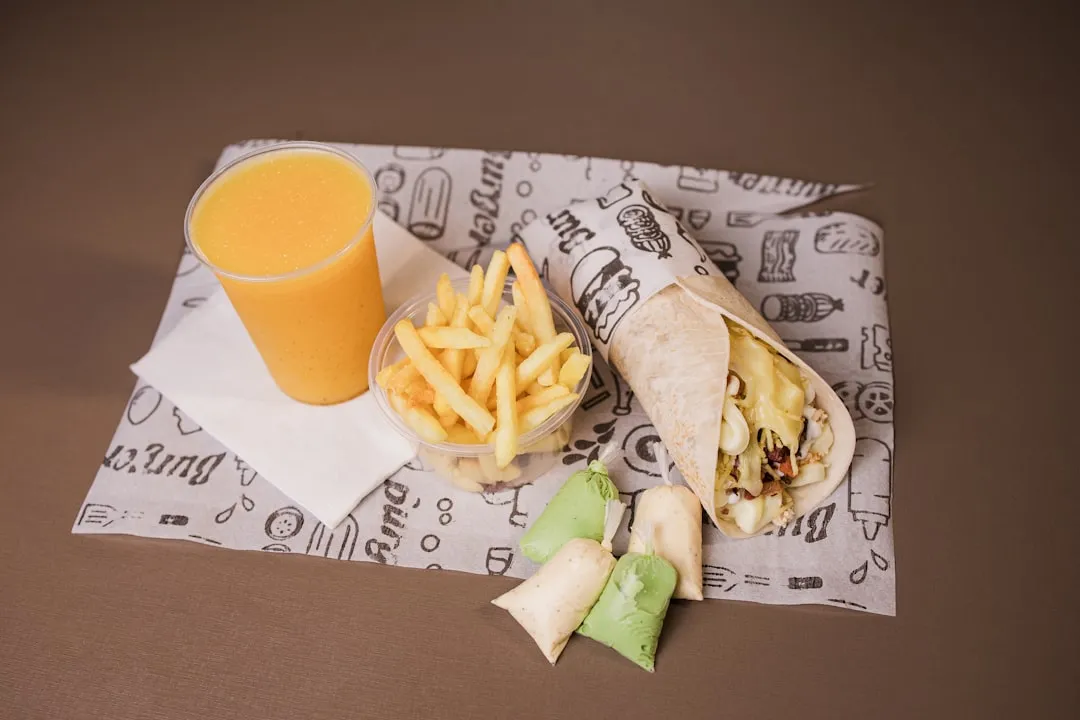

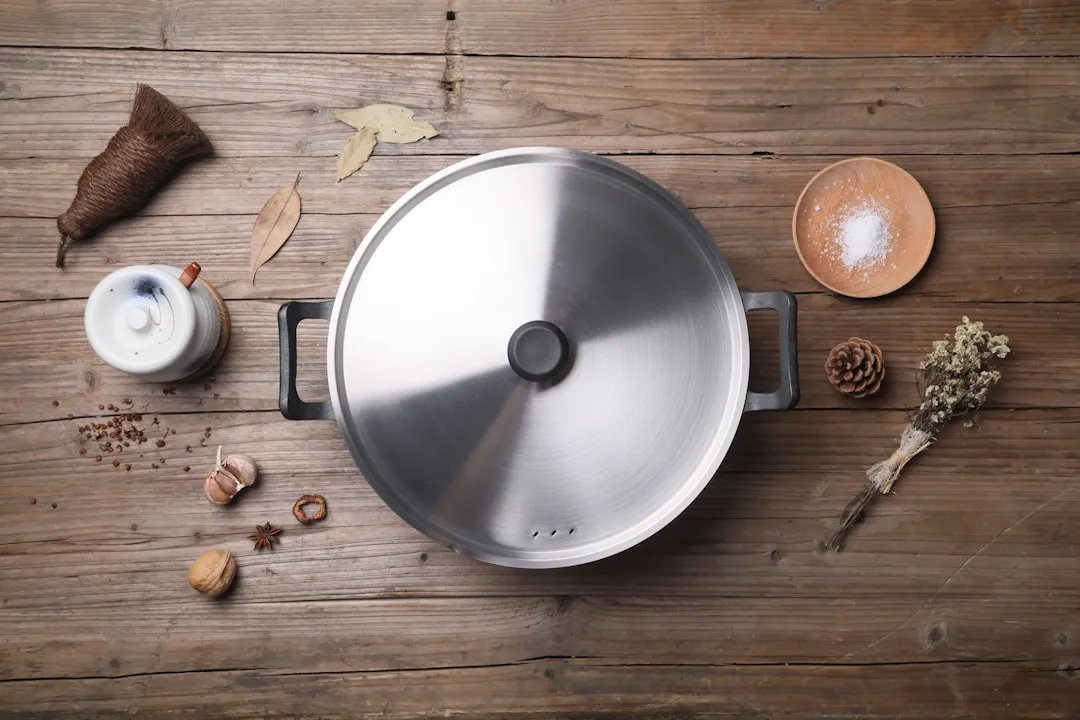

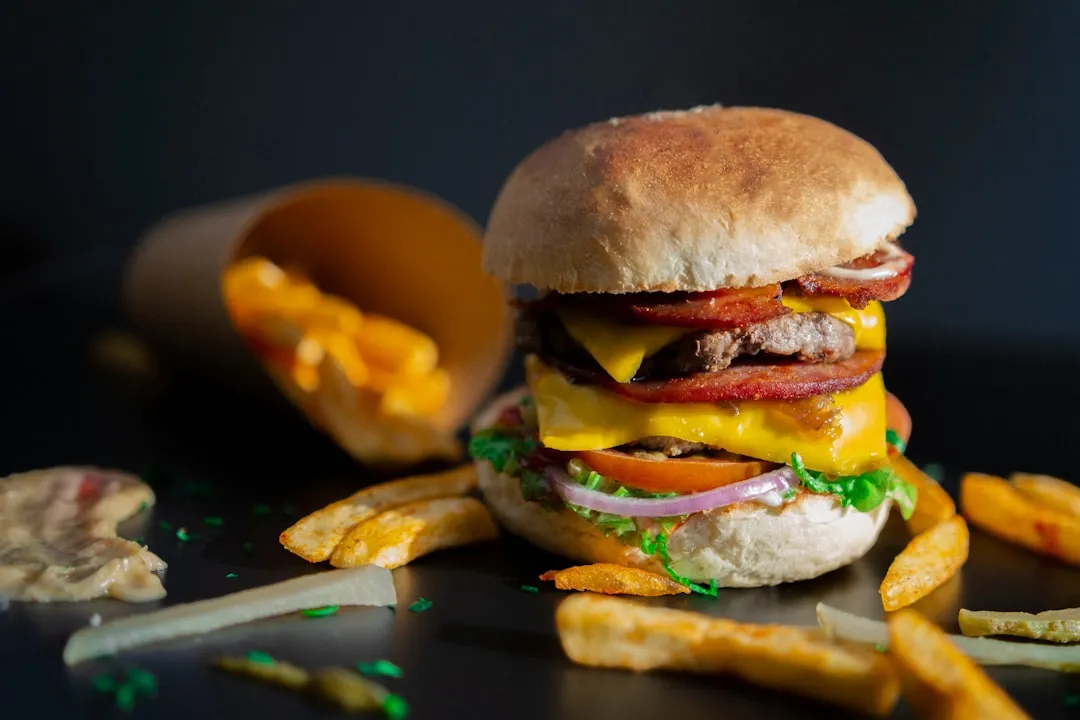



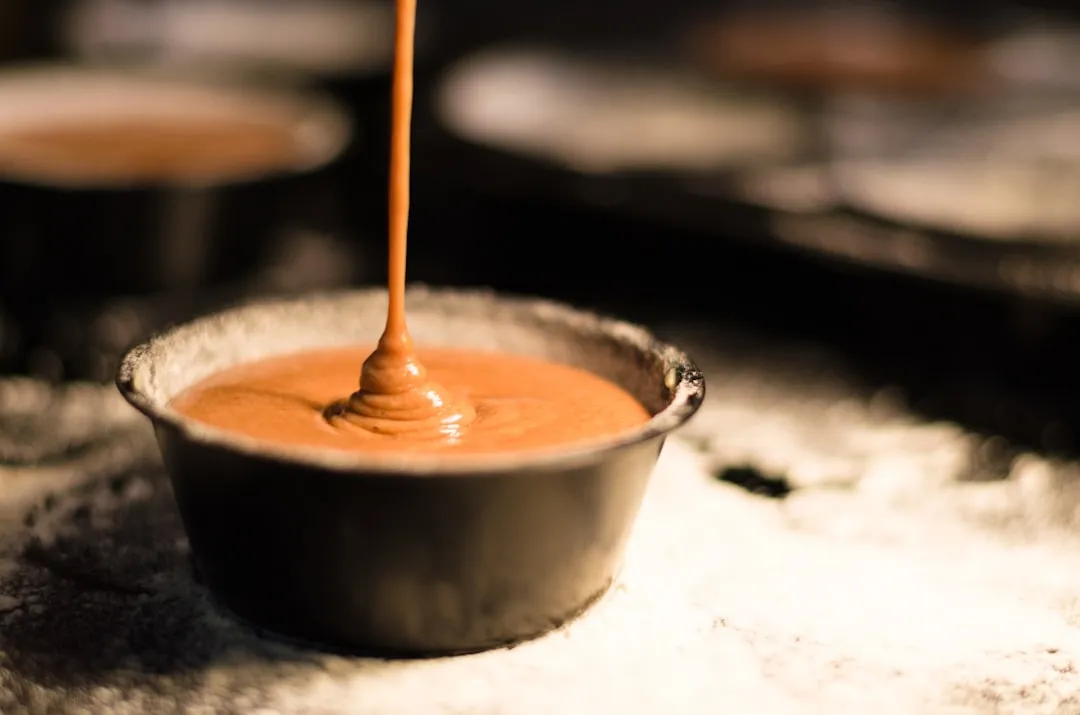










Comments
Be the first, drop a comment!